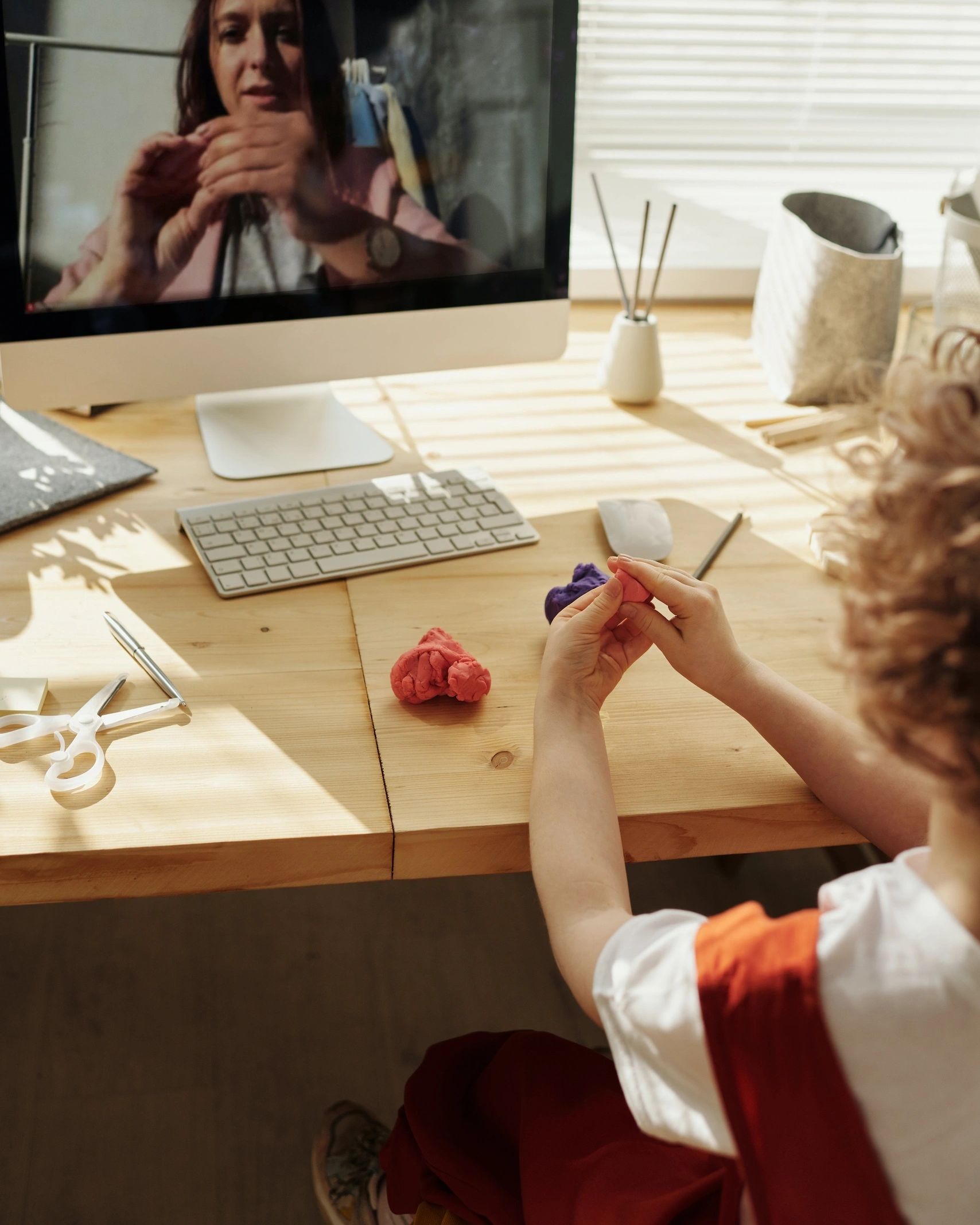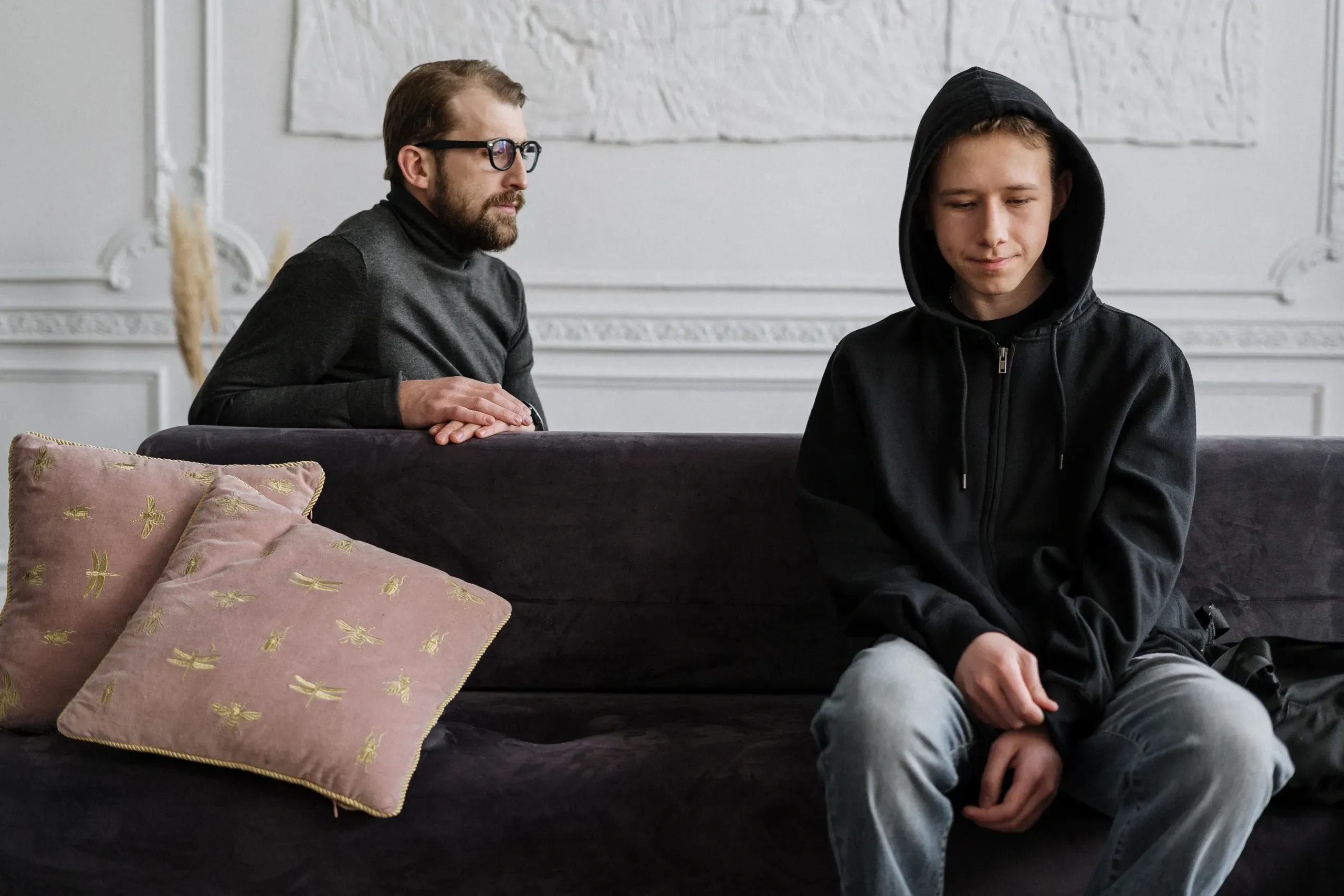
Location Options
Transitions Behavioral Health offers community-based services wherever you are! In-home, at school, and in other community locations.

Treatment Model
Our community team uses an active skill-building treatment model that works to build skills with caregivers and clients. We focus on working 1:1 with caregivers and working 1:1 with clients.

What Are Community Services?
Transitions Behavioral Health offers community services in the form of 1:1 behavioral and therapeutic support. We work with clients and caregivers.
We help clients with:
- Building communication skills
- Emotional regulation
- Social skills
- Activities of daily living
- School readiness skills
- Activities of daily living
We help caregivers with:
- Building knowledge and an understanding of the client's psychological/behavioral needs
Grow New Skills Today!

Overview
Transitions Behavioral Health provides community-based services wherever needed: at home, at school, or in the community. Our services are unique because we merge traditional behavioral health interventions with trauma-responsive active skill-building procedures to better meet the individual needs of our clients.
Therapeutic & Positive Behavior Support Services:
Our clinical staff develops a Positive Behavior Support Plan, which prescribes positive interventions to model, teach, and reinforce appropriate, functionally equivalent behaviors to reduce or replace identified maladaptive behaviors. Our team will collect data on target behaviors, implement the plan with the client, and model the plan for the caregivers, teachers, support staff, and other individuals involved.
Parent Training
We will conduct parent training workshops to discuss behavioral principles or specific interventions for target behaviors that need to be modified, increased, or decreased by the client. Parents will be given training materials for review and intervention tools to employ.
Social Skills Therapy & Counseling
Our behavior team will implement a social skills curriculum to address the client's social areas of need, such as identifying social boundaries, thinking empathetically, starting conversations, making and maintaining friendships, and many other skills. The support professional may also utilize additional behavioral strategies, including direct modeling of target skills, role-play scenarios, video modeling, or social stories.
Daily Living Skills Training
If appropriate, our behavior team will create a treatment plan that outlines the targeted daily living skills, including skills needed for success at home, at a vocational site, in the community, and/or at school. Evidence-based teaching principles will be used to teach the client these skills.
Community Behavioral Health Services in Cincinnati, OH
Transitions Behavioral Health provides specialized community behavioral health services designed to support clients in environments where they live, work, and learn throughout Cincinnati, Ohio. We understand that behavior does not occur in isolation; it is deeply influenced by the surroundings and social context. Our services move beyond the clinic walls to address behavioral challenges and teach essential skills right where they are needed most: in the community. This targeted, real-world approach ensures that the Positive Behavior Support Plan developed by our clinical staff is effective, integrated, and promotes lasting change.
Integrated In-Home Behavioral Support
A core component of our community offering is in-home behavioral support. We provide intensive, personalized services directly within the client's residence in Cincinnati. The home environment is crucial for practicing and generalizing new skills. Our team actively implements the Positive Behavior Support Plan alongside the client, focusing on practical skills for daily living, adaptive behavior strategies, and managing challenging behaviors that occur in the natural family setting. We work closely with the entire family unit, modeling the prescribed positive interventions for caregivers, siblings, and other individuals involved. This consistent, integrated approach ensures that everyone understands how to reinforce appropriate, functionally equivalent behaviors, fostering a stable and supportive environment.
By providing hands-on training and real-time coaching for caregivers and support staff, we empower the entire support system to maintain consistency and drive the client’s progress toward independence. Transitions Behavioral Health is committed to delivering professional, data-driven services that enhance the emotional, mental, and physical well-being of our clients across Cincinnati, Ohio. Contact us today to learn more.
What is the goal of the Positive Behavior Support Plan?
.png)
The primary goal is to reduce or replace maladaptive behaviors by prescribing and teaching positive interventions. Our staff models and reinforces appropriate, functionally equivalent behaviors to ensure the client develops effective, healthier ways of interacting with their environment.
How does in-home behavioral support benefit the client?
.png)
In-home behavioral support is crucial because it allows the client to practice and generalize new skills in their natural environment. This integrated approach helps clients work on practical skills for daily living and adaptive behavior strategies directly within their residence, maximizing the chances of real-world independence.
How are family members and caregivers included in the support plan?
.png)
Caregivers and family members are integral to the process. Our team provides hands-on training and real-time coaching, modeling the prescribed positive interventions for everyone involved. This collaborative approach ensures consistency and empowers the entire support system to reinforce the client’s progress.
Do you only offer services within the home?
.png)
No. We offer comprehensive community behavioral health services. This means our team moves beyond the clinic to implement the plan and teach essential skills in various environments where the client lives, works, and learns in Cincinnati, ensuring the therapeutic approach is fully integrated and promotes lasting change.

